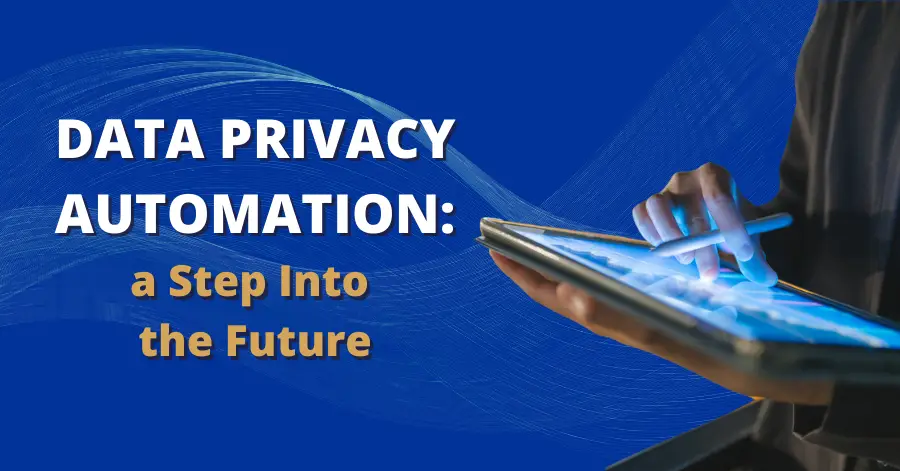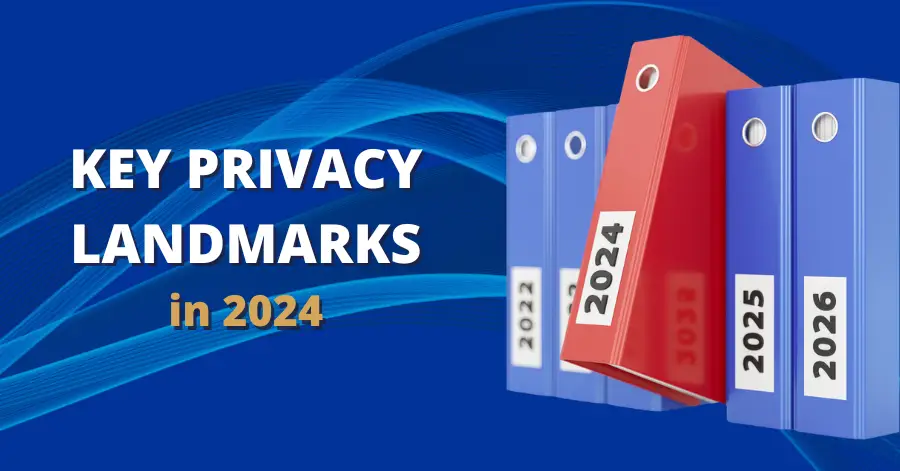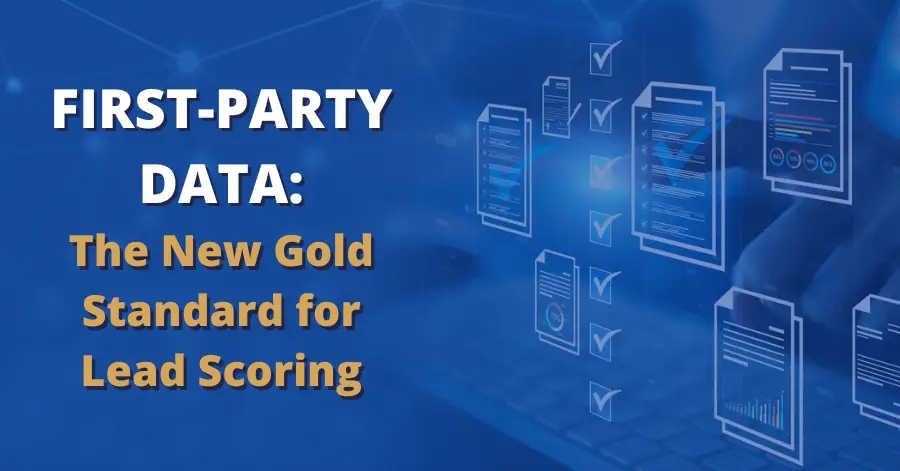Data Privacy Automation: A Step Into the Future


Gone are the days when a terabyte was considered large. The daily data generated means we now count bytes in exa, zetta, and yottabytes. And with those significant amounts of data comes an ever-growing need to safeguard it from misuse. Data privacy regulations recognize this and are continually expanding their scope. This means that data privacy teams need to be able to ensure they’re respecting customer wishes in how they handle this data.
One way to meet this responsibility is to invest in privacy automation tools, which can help streamline consent management, securely store your data, improve marketing efforts, and strengthen your privacy program.
Data Privacy Automation: What It Is & What It Entails
Data privacy automation uses advanced technology to streamline data management processes and minimize the need for manual busywork when managing consent and fulfilling privacy rights. It allows privacy teams to simplify operations, reduce the risk of human error, and consistently apply data privacy practices across the board.
For most companies, two fundamental areas require some degree of automation: consent management and DSAR fulfillment.
Consent Management
Consent management tools automate the management of customer preferences, allowing data to be updated and classified in real-time. Using consent management tools helps build trust with customers, as they are in control of their data and meet compliance requirements simultaneously.
DSAR Fulfillment
Automated tools can also handle portions of data subject access requests (DSARs), saving tedious manual time. Accompany systems then maintain up-to-date records of every action taken to fulfill rights requests and manage consent and permissions.
The Path to an Automated Privacy Management System

Organizations must select the right privacy software to streamline their processes while addressing privacy and compliance needs. Start by identifying tools that can be tailored to resolve your organization’s specific challenges, including consent management and rights fulfillment. Effective automation software should help you manage user preferences, honor data subject requests, and simplify compliance with privacy regulations. By focusing on these capabilities, you ensure your organization can efficiently respond to evolving legal and operational requirements.
Scalability is equally important, particularly as privacy programs expand in scope. Your chosen solution must adapt to increased demands, such as higher volumes of data subject requests or more complex consent workflows, without creating additional burdens on your team. The right software grows with your needs, providing consistent support as new markets, systems, or regulatory changes come into play.
Integration with existing systems is another critical consideration. Privacy processes like consent collection, data mapping, and rights fulfillment often require input from multiple platforms. Software that connects seamlessly to your CRM, marketing tools, or data repositories eliminates manual steps, improves accuracy, and ensures a unified experience for both internal teams and end users.
Ultimately, automation software should simplify privacy management, reduce repetitive tasks, and empower your organization to focus on delivering value. Whether you’re managing consent preferences or fulfilling requests for access, correction, or deletion, the right tool creates efficiencies that benefit your team and build trust with customers. By addressing current needs and anticipating future growth, you ensure your privacy program remains both compliant and adaptable.
If you need help automating your privacy program, finding solutions that integrate seamlessly, or training your staff on privacy processes and software, our team of experts can help. Contact us to learn how!





